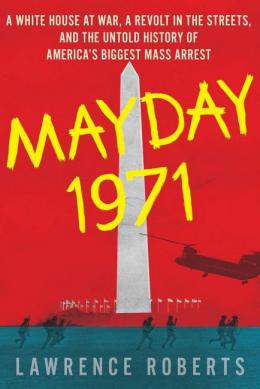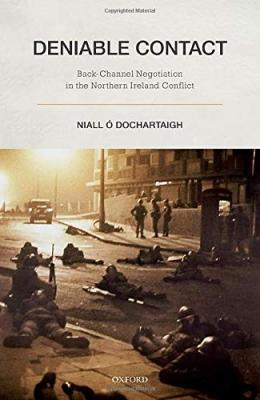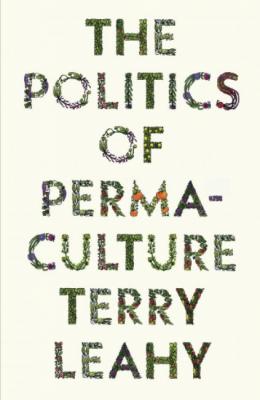With the Vietnam War still raging, in early 1971, a coalition of American anti-war groups converged on Washington, DC, around May Day (1 May) for a series of protests, including an attempt to shut down the city.
‘If the government won’t stop the war, we’ll stop the government’ was the unofficial motto of the movement.
Though it remains one of the lesser-known demonstrations against the US attack on Vietnam, by 6 May more than 12,000 people had been taken into custody, making Mayday the biggest mass arrest in US history.
…















